Position paper: A safe internet for all – Upholding private and secure communications
Despite the importance of its goals, the European Union’s proposed Child Sexual Abuse Regulation (CSAR) will not only fail in its aims to protect young people, but it will also even harm those it wants to protect.
Filter resources
-
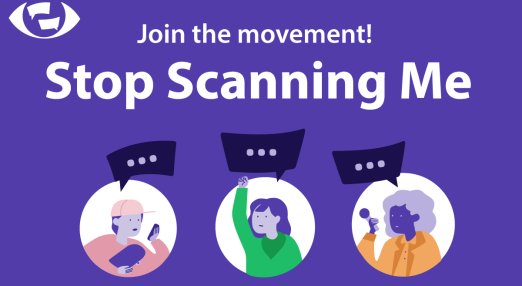
Position paper: A safe internet for all – Upholding private and secure communications
Despite the importance of its goals, the European Union’s proposed Child Sexual Abuse Regulation (CSAR) will not only fail in its aims to protect young people, but it will also even harm those it wants to protect.
Read more
-

“You’ll find it on the internet.” How digitalisation impacts the lives of people whose voices often go unheard
As a rule, government and official websites make no allowances for users with special needs. At the same time, even some IT specialists prefer to use paper as an alternative. These were among the findings of a unique piece of research which was part of the Promoting Human Rights in the Digital Era project.
Read more
-
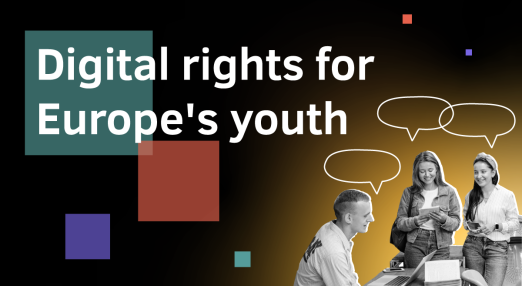
Digital rights for Europe’s youth
The biggest youth platform in the world is joining the Platform Power Coalition for a Digital Services Act that empowers young people. European Youth Forum will bring youth voices to the coalition, vindicating that digital rights are youth rights. Young people should be able to enjoy their digital environment without fearing privacy violations, discrimination or manipulation. Here is what you need to know about this alliance.
Read more
-

The DSA should pave the way for systemic change
Today, 5 July, is a victorious day for human rights online as we embark on the next stage in our journey – real alternatives to the currently dominant surveillance business model. The European Parliament’s approval of the Digital Services Act (DSA) will bring many opportunities to limit the huge power Big Tech companies like Google, Meta (Facebook) and Amazon have over people and democracies. However, this regulation is only the first step in ensuring people’s rights online are protected, more work is needed for a better internet. Now, it is imperative that we see strong enforcement by regulatory authorities that will ensure the high human rights standards the new rules promise.
Read more
-

Consumer and digital groups in Europe and the U.S. call for a full ban on surveillance-based advertising
On 1 June, the Transatlantic Consumer Dialogue (TACD), that EDRi is part of, published a policy resolution on banning surveillance-based advertising. The invasive practices of collecting, sharing, and processing of individual data to deliver personalized advertising, has become the primary business model in the online advertising space. Surveillance advertising is promoted by the world’s largest technology companies, like Meta (Facebook) or Alphabet (Google), and is a key driver behind the spread of misinformation, undermining democratic discourse, economic and political equity, marketplace competition, privacy, public health, and basic consumer protections.
Read more
-
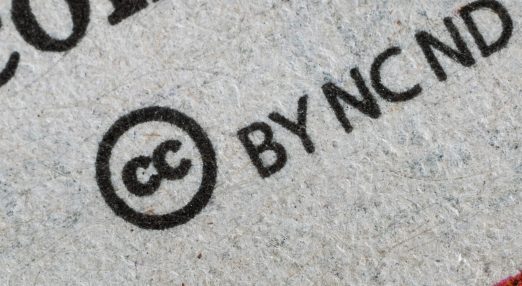
Copyright: European Court of Justice strictly limits the use of upload filters
“Today’s ruling sets an important precedent for the protection of freedom of expression online. Nevertheless, it does not go far enough. The European Court of Justice does not completely rule out the use of upload filters to enforce copyright on online platforms. At least, however, the court confirms what civil society has been emphasizing for years: upload filters are unable to reliably distinguish between copyright infringements and legitimate forms of free expression such as parodies or quotations. It is therefore right that the highest court limits the use of upload filters under Article 17 of the EU Copyright Directive to uploads that constitute manifest infringements, such as uploads of entire movies.”
Read more
-
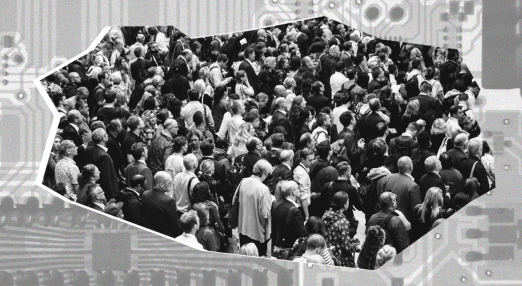
Promoting human rights in the digital era
Digital technologies are part of everyday life, but we don’t know much about how they impact our rights. A Czech-Norwegian project aims to change this.
Read more
-
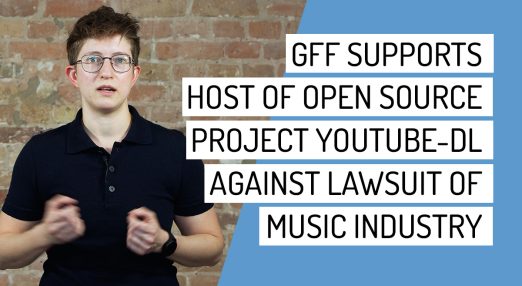
Music industry against Uberspace: Video downloads are not copyright infringements!
EDRi's member Gesellschaft für Freiheitsrechte fights against the music industry's attempts to put a digital lock on open source software, that enable media, human rights defenders, archivists and many others to access essential content.
Read more
-
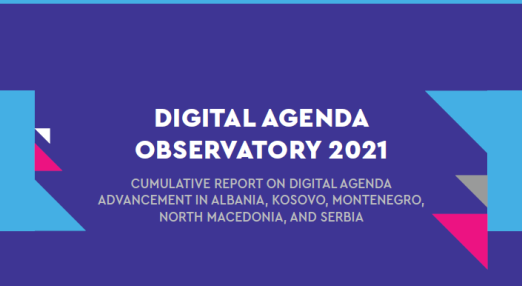
Digital Agenda’s report on digital advancement in the Western Balkans
Digitalisation in all spheres and for all social groups may be an effective mechanism for improving the well-being of citizens. This means improving the digital efficiency of institutions, organisations and other social entities.
Read more
-

Digital Dissidents will introduce those who do not use technology
Czech digital legal organisation and an EDRi member Iuridicum Remedium (IuRe) organised the Big Brother Film Festival in Prague a few months ago, at the end of 2021. Thanks to a collaboration with the Kinolab group and director Barbora Johansson, a movie was created in connection to the festival, which deals with the topics of the digital gap and digital exclusion.
Read more
-

Amnesty International calls to ban discriminatory algorithms in its report Xenophobic Machines
On 25 October 2021, EDRi observer Amnesty International published a report on the use of algorithmic decision-making (ADM) system by the Dutch tax authorities to detect fraud. The report shows how discrimination and racial profiling were baked into the design of the ADM system.
Read more
-

No biometric surveillance for Italian students during exams
In September 2021 the Italian Data Protection Authority (DPA) fined Luigi Bocconi University €200 000 for using Respondus, a proctoring software, without sufficiently informing students of the processing of their personal data and, among other violations, for processing their biometric data without a legal basis. Bocconi is a private University based in Milan and during the COVID-19 pandemic introduced Respondus tools to monitor students during remote exams.
Read more
